Artificial Intelligence (AI) is no longer a futuristic concept confined to research labs and tech giants. It has become an integral part of modern living, shaping how we work, communicate, and interact with the digital world. From voice assistants to autonomous vehicles, AI’s presence in everyday life continues to expand rapidly, and by 2025, its influence is expected to touch almost every aspect of human activity.
Table of Contents
The Rise of Everyday Artificial Intelligence
The integration of Artificial Intelligence into daily routines began subtly. Features like facial recognition on smartphones, predictive text in messaging apps, and recommendation algorithms on platforms like Netflix and YouTube were early signs of how AI could enhance convenience. According to McKinsey & Company, AI technologies could contribute up to $4.4 trillion annually to the global economy. This growth reflects not just automation, but a deeper shift toward intelligent systems that learn from human behavior and make decisions autonomously.
AI in Personal Assistants and Smart Homes
One of the most visible applications of Artificial Intelligence today is in smart home ecosystems. Devices powered by platforms such as Amazon Alexa, Google Assistant, and Apple Siri use AI to interpret voice commands, manage daily tasks, and even learn user preferences over time. These systems are increasingly interconnected adjusting lighting, temperature, and entertainment settings based on contextual understanding.
By 2025, the evolution of context-aware AI will make homes smarter than ever. Systems will anticipate needs before users express them, creating a seamless experience that blurs the line between technology and intuition. Research by Statista shows that the global smart home market is projected to surpass $230 billion by 2028, largely driven by AI-enabled automation.
AI and Healthcare Transformation
AI is also transforming healthcare by improving diagnosis accuracy, treatment personalization, and operational efficiency. Machine learning algorithms can now analyze medical images to detect diseases like cancer earlier than traditional methods. Tools like Google’s DeepMind Health and IBM Watson Health are being used to process massive datasets and support clinical decisions with real-time insights.
Moreover, AI-powered wearables such as smartwatches are helping people monitor their heart rates, sleep patterns, and stress levels. This shift toward preventive healthcare is empowering individuals to take charge of their well-being through data-driven insights.
AI in Education and Work
In education, AI-driven platforms are personalizing learning experiences. Adaptive learning systems like Khan Academy’s AI Tutor or Coursera’s skill-based recommendations adjust course materials based on student progress. This personalization enhances engagement and helps bridge knowledge gaps more efficiently than traditional teaching methods.
At workplaces, AI is streamlining repetitive tasks through automation, enabling employees to focus on creative and strategic responsibilities. Tools like ChatGPT, Microsoft Copilot, and Google Duet AI assist professionals in writing, coding, and research, saving hours of manual effort. This hybrid collaboration between humans and AI marks a new phase of productivity and innovation.
Ethical and Privacy Concerns
As Artificial Intelligence becomes more embedded in daily life, ethical challenges are growing. The use of personal data for algorithmic decision-making raises concerns about privacy, bias, and transparency. For example, Artificial Intelligence models used in hiring or credit scoring can unintentionally reinforce existing social inequalities if trained on biased datasets.
To address these issues, organizations and governments are developing frameworks for ethical AI governance. The European Union’s AI Act, for instance, aims to ensure accountability and fairness in AI applications. Responsible AI design will be crucial for maintaining public trust as these systems become more pervasive.
The Road Ahead
Looking forward, AI will not just support human decisions it will collaborate with humans creatively. From designing art and writing music to discovering new materials and medicines, AI is evolving into a co-creator rather than a mere tool.
In the coming decade, industries that embrace AI responsibly will gain a competitive advantage through innovation, efficiency, and deeper customer understanding. The challenge will lie in balancing progress with ethical responsibility to ensure that AI serves humanity’s best interests.
Conclusion
The future of Artificial Intelligence is intertwined with the future of human life itself. As AI continues to evolve, it will redefine how we interact with technology, manage our work, and make everyday decisions. The key lies in harnessing AI’s power with ethical intent, transparency, and purpose. For individuals, businesses, and societies alike, understanding AI today means being prepared for the intelligent world of tomorrow.
Check About Us.

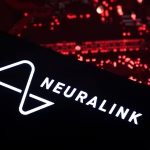

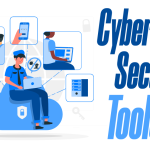


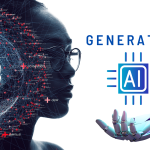
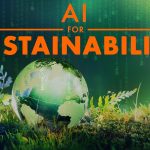

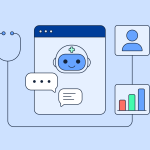
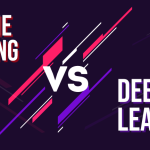
1 thought on “The Ultimate Future of Artificial Intelligence in 2025”